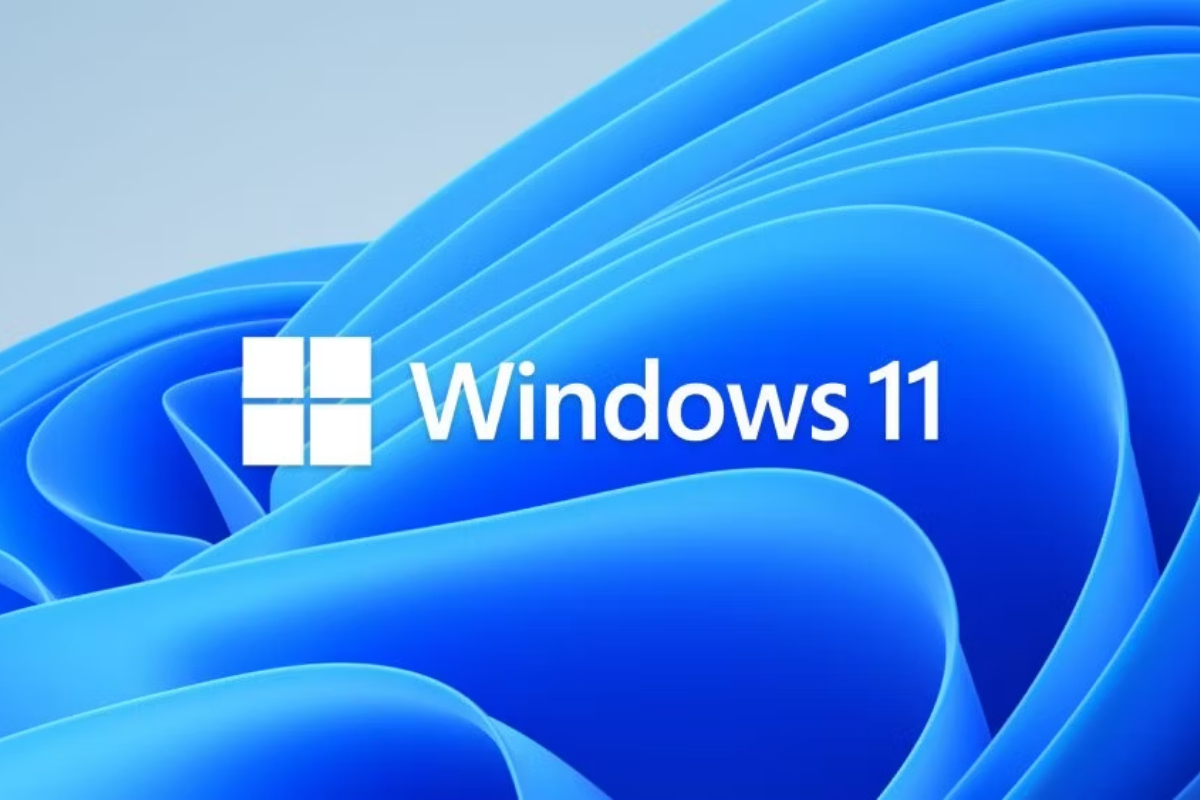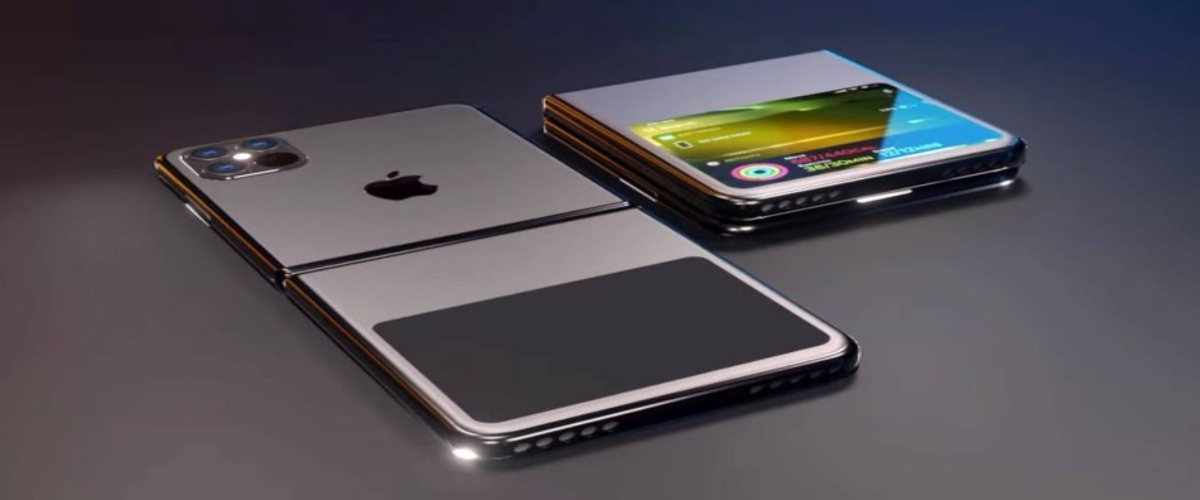- Windows 11 requires 8th-gen Intel or Ryzen 2000 series CPUs and newer.
- Removed Xeon CPUs not likely to affect consumers, more relevant to servers.
- Microsoft hasn’t explained the removal; potential for mistake is unlikely.
Microsoft has updated the Windows 11 supported CPUs homepage. The corporation appears to have removed 44 total Intel CPUs from the list visible on the webpage, however the majority of the CPUs are Xeon chips used in servers rather than daily PCs.
Windows 11 is predominantly powered by hardware powered by 8th-generation Intel CPUs or newer, or Ryzen 2000 series CPUs or newer, and the newly removed CPUs are based on 8th-generation Intel parts introduced in 2018. The whole list, as discovered by Neowin, can be found below. Again, because these are Xeon CPUs, you shouldn’t be affected as a consumer, but it’s odd to see Microsoft abruptly remove these CPUs from the list of supported Intel CPUs without explaining why. We reached out to Microsoft for comment and will update this article as soon as we receive a response.
There’s always the possibility that the removal of these Intel Xeon components was a mistake, but with so many CPUs being removed at once, this seems unlikely. We hope Microsoft can give some light on the subject, as it has previously been a point of contention. It’s also alarming that the corporation might just discontinue support for supported CPUs at any time. As you may recall, when Windows 11 originally came out, the minimum system requirements were a significant concern. Many people were disappointed that even perfectly good hardware could not run the operating system because of Microsoft’s minimal CPU requirements.
So, what does the removal of these CPUs mean for those who own hardware that has these Xeon CPUs? It’s not much, to be sure. Devices with the CPUs should continue to function normally, but will be ineligible for feature updates and even security patches.
[embedpost slug=”/cloud-infrastructure-spending-rises-despite-economic-concerns/”]





















